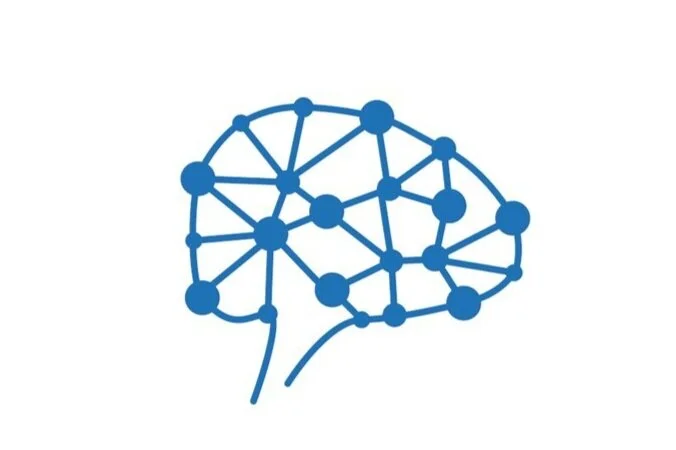
Research Areas
The Orphan Disease Center has a vested interest in various rare disease areas that show promise for therapeutic development. Below are some of the broad disease areas in which we are actively pursuing research and identifying ways to overcome obstacles in drug development.
Pediatric Epilepsy & Neurodevelopmental Disorders
Pediatric epilepsies represent a complex group of seizure disorders with diverse outcomes during development and later in life. Some forms of pediatric epilepsy associate with severe developmental delay or regression, autism-like characteristics, intellectual disability, and motor dysfunction, while the underlying cause of these disorders can vary from genetic abnormalities, injury, or unknown causes.
Lysosomal Storage Disorders
Lysosomal Storage Disorders are a group of diseases in which the function of the lysosome, the part of the cell that degrades and ‘recycles’ cellular debris, is impaired.
Motor Neuron Disorders
Motor Neuron disorders (MNDs) are a group of diseases that severely affect the function of motor neurons. Motor neurons are cells located in the brain and spinal cord that primarily control voluntary movement through their axonal connections to muscles.
Liver Metabolic Disorders
A number of rare liver metabolic disorders are caused by a mutation in a single gene that either damages the liver directly or effects a vital function that impairs other organs. Without adequate treatments, complete or partial liver transplantation is often the only treatment option for severe liver metabolic disorders.




